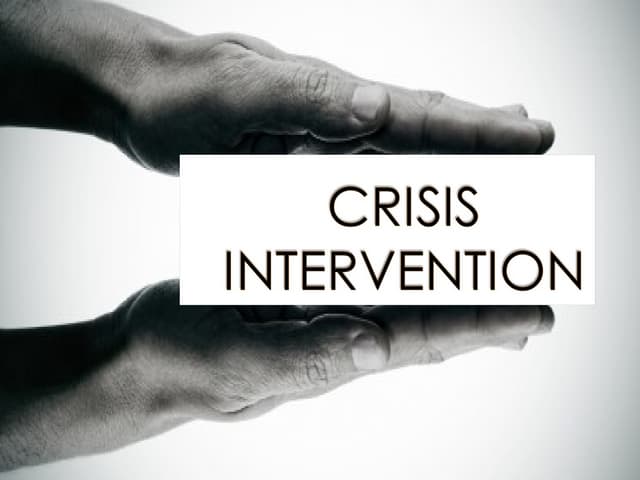CPI Instructor Certification Training Course: A Comprehensive Guide
Wiki Article
The MAB instructor certification is a specialized program made to equip professionals while using skills and credentials essential to teach CPI’s evidence-based crisis prevention and intervention strategies inside their organizations. It is especially very theraputic for professionals doing work in education, healthcare, human services, and security roles where de-escalation and safe behavior management are critical.
What Is CPI Instructor Certification?
CPI Instructor Certification can be a formal recognition make fish an individual has completed CPI’s rigorous study course and is qualified to train others in the principles and techniques from the Nonviolent Crisis Intervention® program. This more popular program targets preventing, de-escalating, and safely addressing challenging behaviors.

Who Should Attend?
This course is great for:
Educators and school administrators
Healthcare providers and mental health professionals
Social workers an accidents managers
Security personnel and public safety officers
Any professional responsible for the safety and well-being of people in crisis
Key Learning Objectives
Participants inside the CPI Instructor Certification Training Course will learn to:
Understand the principles of crisis development and behavior escalation
Apply verbal and non-verbal processes to safely de-escalate situations
Recognize warning signs of distress and take proactive steps to avoid escalation
Safely intervene in physical confrontations using non-harmful physical strategies (if applicable)
Train and certify workers in their own organization in CPI techniques
Course Structure
The CPI Instructor Certification Training typically spans 4 days and includes:
Theory and Principles: Understanding habits, stages of crisis, and preventive strategies.
De-escalation Techniques: Role-playing and skill-building around calming strategies.
Physical Intervention (Optional): Safe, non-restrictive physical strategies to manage risk behaviors (for advanced certifications).
Instructional Skills: Training participants concerning how to teach the CPI curriculum effectively to others.
Assessment and Certification: Written and practical evaluations to gauge knowledge and skill proficiency.
Benefits of Becoming a Certified CPI Instructor
Empowerment: Gain the skills to promote safety, dignity, and respect within your workplace.
Cost-Effective: Organizations reduce external training costs by training internal instructors.
Professional Development: Enhance your resume and leadership profile which has a respected certification.
Ongoing Support: Certified Instructors receive continuous support and resources from CPI, including refresher courses and updated materials.
Certification Maintenance
To maintain your CPI Instructor status, annual renewal is needed. This includes attending a CPI Renewal Training, demonstrating continued proficiency, and staying updated with guidelines and program enhancements.
How to Enroll
To join a CPI Instructor Certification Training Course:
Visit the CPI website or contact an authorized training provider.
Select an exercise location and date convenient to suit your needs or your organization.
Register and receive pre-course materials for review before attending.
The CPI Instructor Certification Training Course is a lot more than an exercise program—it's a gateway to building safer, more respectful environments for staff and the ones they serve. Whether in schools, hospitals, or community care settings, CPI-certified instructors play an important role in promoting a culture of care, confidence, and competence.